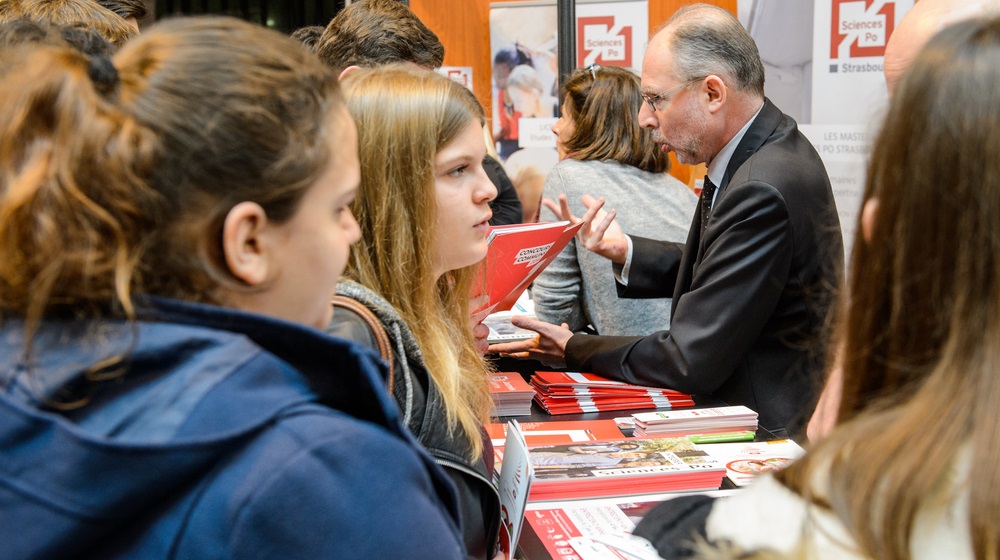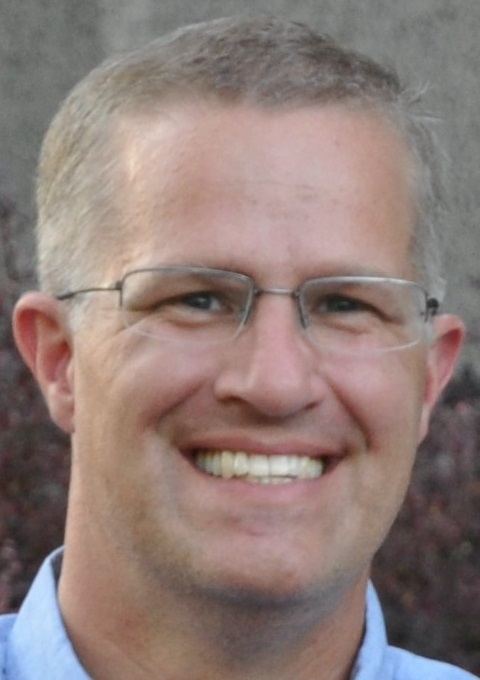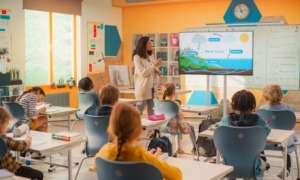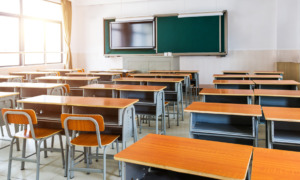 HADRIAN/SHUTTERSTOCK
HADRIAN/SHUTTERSTOCK
COVID-19 has greatly altered the lives of our youth. Few, if any, high students have attended school under the same circumstances as one year ago. For many, a huge fear of this pandemic is its potential to negatively alter plans for after high school. How can a high school student and those who support them navigate toward a solid post-high school plan?
High schools typically have a steady stream of college representatives, military recruiters or even job agencies coming to their campus and showing a presence. They come to bond and connect with students, provide information, showcase what they represent and answer questions. They get into the classrooms or are out talking with students during lunch. They have booths set up during college and career fairs. Students often gravitate toward these representatives and recruiters and take in the information presented to them with great attention.

Matthew Ward
Connections are made, journeys are started, and lives are changed through this strong tradition.
Many high schools struggle now to replicate what is described. We must, however, not let the alterations of COVID-19 get in the way of one student’s best possible future. Not one. It starts with the individual — the one young person. The vision, the drive, the determination to get the right place after high school must rise up.
But we must foster it.
Youth advocates, teachers, parents, counselors, administrators must seek to instill what needs to be instilled. Connections can still be created by schools. Colleges can still link high school students to their representatives. Job agencies and military recruiting offices can still be pulled in. It may happen on a screen but in many ways, this makes it easier to carry out. There is no traveling required. This can equate to more frequent connections. It takes a link code.
We hear about distance learning. Why don’t we hear about distance life preparation?
What students can do themselves
My advice to high schoolers is to devote time thinking about what you want to do after high school. There are so many roads to travel down, so many options to consider and the thought can be overwhelming. In addition to thinking about which direction you want to go, research your ideas. If you go to YouTube or search engines, you can search the career you’re interested in and really scope things out. You’ll find myriads of videos and articles about different careers. Get off social media at times and do this instead.
You might ask your counselor for a career interest survey to help you figure out how your interests and characteristics match up with the right career path. You can ask your counselors others questions about local colleges or how to get help paying for college.
Interested in the military or maybe you just want to learn more? Take the initiative and call a local recruiting office. They’ll help you. It wasn’t too long ago that this is what most young people did to take their first step. Or, ask your principal if a military member can still be made available during lunch.
Many youth may be struggling to find ways to be involved on campus with after-school sports, clubs and activities. Afterschoolalliance.org provides incredible virtual field trips and webinars that all youth are invited to participate in. Youth can approach nearby adult mentors and collaborate on ways to stay involved. Another great way to stay involved and keep the mind active is by learning chess. Many youth are learning through chess instructional videos on YouTube and then playing on chess websites.
Times are rough. We have been living through a storm that never seems to end. Consider what happens to trees when they face adversity. When strong storms come, some trees get toppled over. Most, however, benefit from storms. Their roots reach deeper into the soil and the trunk’s outer layer thickens. The tree comes out of the storm strengthened and remains stronger throughout its life.
We can only let this storm of COVID-19 mess with us in so many ways. Let’s refuse to allow it to mess with our future. Let it make us stronger.
Matthew Ward is a high school special education teacher in California, an adjunct instructor at Brandman University and a father of three children. He is an advocate of personal motivation, gratitude and that doing the small things in life make a difference.































